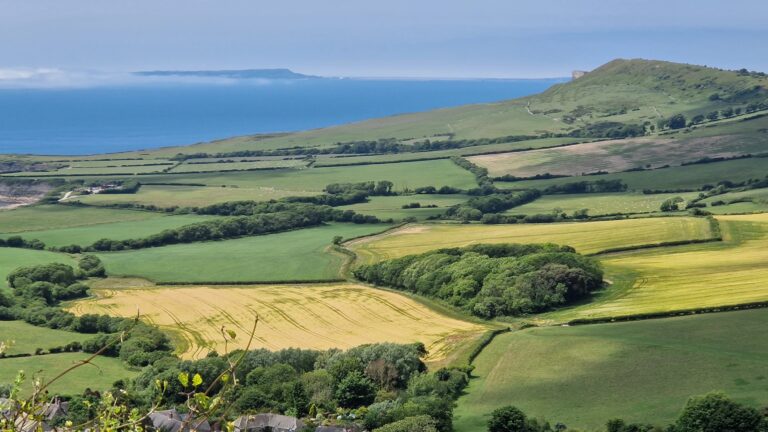“You can’t put a price on nature. You can’t quantify the uplifting effects of a walk in the Peak District or the way your soul soars at the sight of a stormy Cornish cliff. Except, it turns out you can: it’s worth almost £5 trillion a year. Economists have calculated the mental health benefits of the world’s national parks and concluded that on this measure alone they provide services amounting to a significant proportion of global GDP. And that is before you consider all the other environmental services they offer.
From the smooth cliffs of Yosemite to the jagged glaciers of Chamonix to the wild fenland of East Anglia, protected spaces improve our mood, reduce our work absences and keep us well. By quantifying the magnitude of this effect in Australia then using the tools of health economics to place a monetary value on it, researchers were able to extrapolate what they called a “conservative” global estimate of £4.67 trillion. “Nature exposure improves human mental health and wellbeing,” the team from Griffith University, Australia, wrote. “Poor mental health imposes major costs on human economies. Therefore, parks have an additional economic value through the mental health of visitors.”
As unromantic as it sounds, economists believe that until nature has a value on a balance sheet it can be depleted and exploited without penalty. In recent years researchers have looked to calculate the value of the natural world in, for instance, flood protection, pollination and climate control.
The analysis, published in the journal Nature Communications, extended this further to consider mental health. The researchers looked at the improvement in wellbeing in 20,000 Australians that was attributable to visiting national parks, then translated this into quality adjusted life years, which is a measure of how easily people can live their lives. Finally, they extended the calculation to the world.
Dieter Helm, a University of Oxford economist who was appointed by the government to consider the value of Britain’s “natural capital”, has said in the past that figures such as these are by necessity imprecise, but not considering them in natural accounts is “precisely wrong”. He welcomed the new research.
“This is another bit in the mounting pile of evidence highlighting the huge health benefits, both mental and physical, from nature,” he said. There are great economic gains from investing in natural capital . . . It should be a major priority for the Treasury. It is not just concrete infrastructure that matters: green infrastructure has some of the highest returns.” Source: Times (pay wall)
In a statement issued to all local parliamentary candidates, the Dorset branch of the Campaign to Protect Rural England (CPRE) also picks up this theme when it says: “The countryside has been shown to provide a wide range of social, environmental and health benefits. CPRE is calling for local parliamentary election candidates to be quizzed about what they will do to support a ‘thriving countryside and communities’. The beauty of the Dorset countryside is highly valued, a local treasure and a shared resource for all, irrespective of ownership, ability or background.”
Dorset CPRE says it wants to see a beautiful countryside that is accessible to all, where the voices of residents are heard in local decision-making, and the needs of communities are met. “We believe the proposed National Park in Dorset would help achieve these objectives.”




